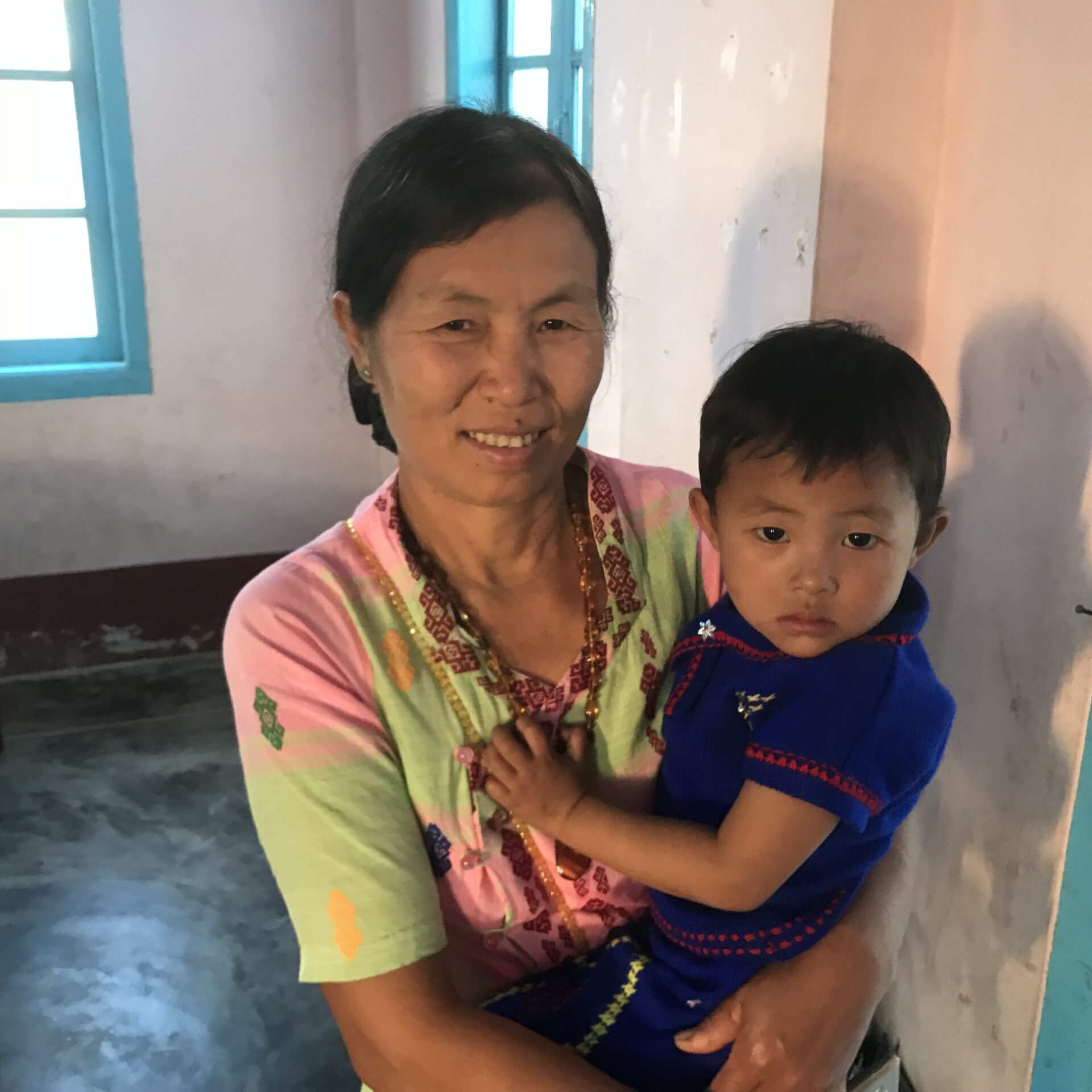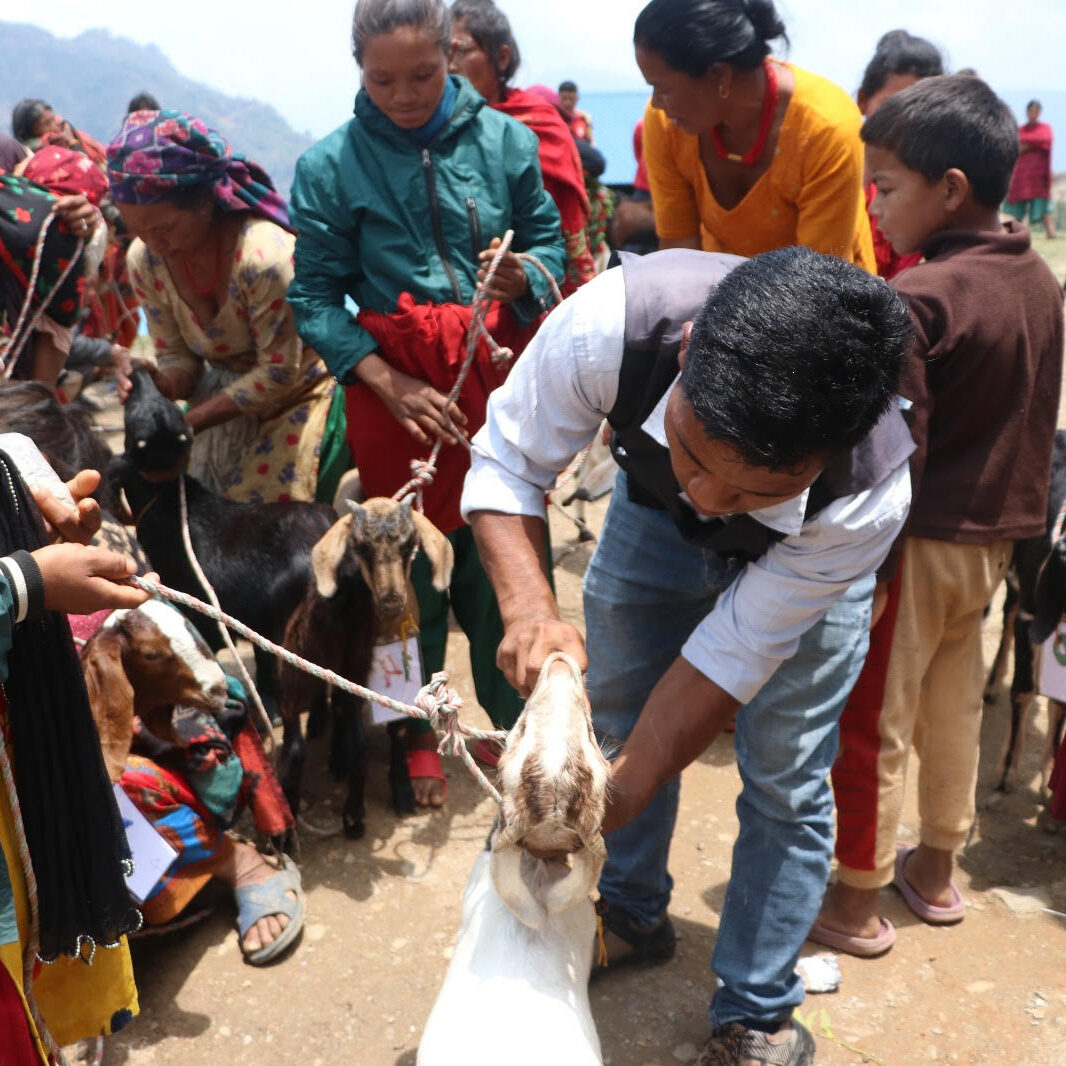Projects in Nepal
visited Nepal and planned the details of a goat distribution project to be done for the indigenous Chepang people living in the Himalayan village of Kaule. We raised the money for the project in short order. I went back to Nepal with one of my board members in May and we were able to purchase the goats and distribute them before the torrential rains of the Nepal monsoons set in a week later.
Let me tell you a bit more about the Chepang people of Kaule. 250 Chepang families are living in and around Kaule. The Chepang are one of many indigenous tribes who have lived in the Himalayas from time immemorial. Many of them speak only the Chepang language and do not understand Nepali. The Chepang are despised by Hindu Nepalis because they have rejected the ancient faith and embraced Christianity. They are the lowest of the low in the Hindu caste system.


The Chepang are extremely isolated and poor. They provide for themselves through subsistence farming and goat herding. In fact, goats are the lifeblood of the village. Along with chickens, goats provide the best source of protein for the villagers. The villagers also use their droppings to fertilize their crops. Goats are prolific breeders for animals of their size, and if a family has more goats than it can handle, they can sell the extra goats for a substantial profit.
Of the 250 families in Kaule, 50 cannot afford even a single goat. Most of these families are headed by single mothers whose partners have gone abroad to work for a decent wage that they would never receive in Nepal. These essentially single moms have to farm, raise the children, cook the food, and generally make sure everyone is taken care of. They have to do it all on little or no money, so it is no wonder that they cannot afford goats!
Our goat project is looking like it will be a big success. We purchased and delivered one female goat for each of the 50 goatless families in Kaule as well as two males to be owned by the village’s goat committee. Each recipient had to sign a pledge to the committee not to eat or sell their goat for two years. They also had to agree to give the first offspring of their goat to the committee for distribution to other poor families in the region.
So far, the goats and their owners are doing well and just waiting for the monsoons to end so that they can plant seeds and start working their fields again.

